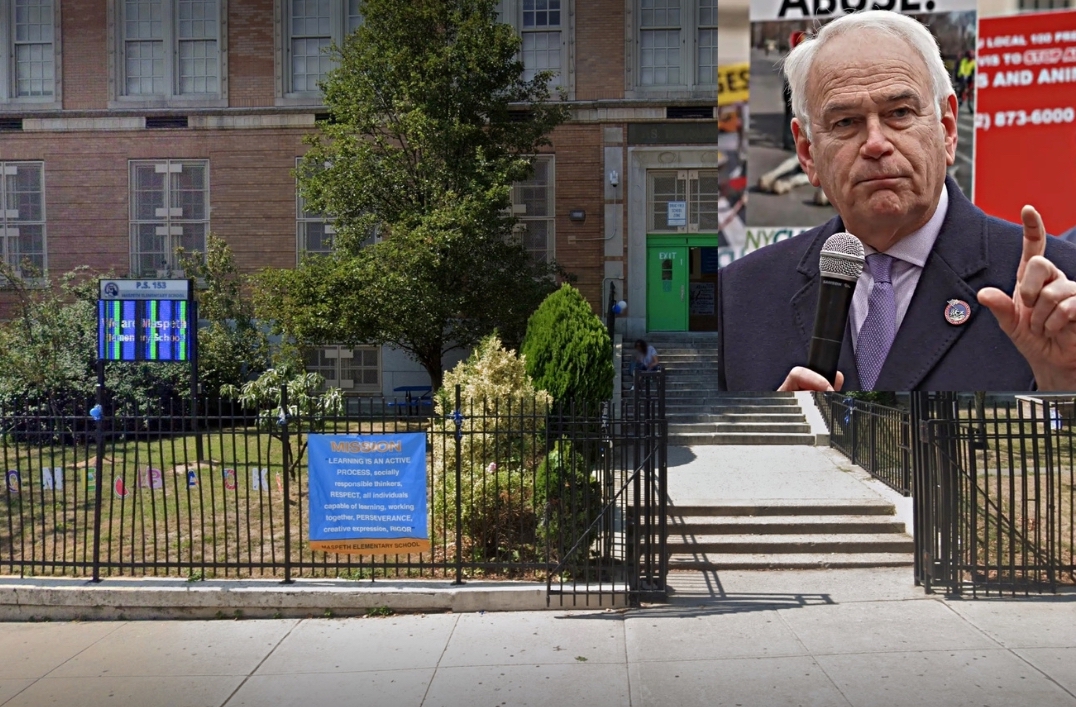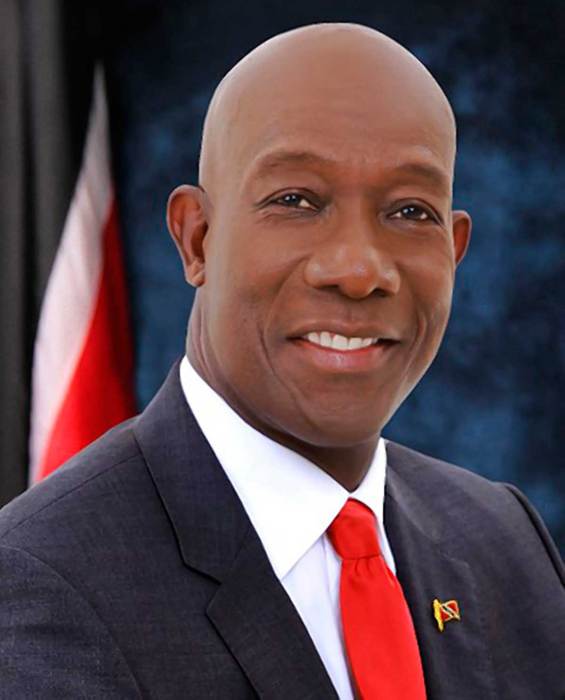By Claire Milhench
LONDON (Reuters) – Libya’s $66 billion sovereign fund should invest in domestic power and energy infrastructure but must first unite the factions battling to control it and get sanctions on its assets lifted, one of its leaders said. Ali Shamekh, chief executive of the Libyan Investment Authority (LIA), told Reuters on the sidelines of the Global Sovereign Wealth Forum in London on Wednesday he was working to unify the LIA, hobbled by a long leadership dispute. Shamekh was appointed chief executive in August 2016 by authorities in the east of the country, but the United Nations-backed Government of National Accord (GNA) also named a Steering Committee to manage the fund. This is headed by Ali Mahmoud Hassan Mohamed. Meanwhile, AbdulMagid Breish, who says he is chairman of LIA, has moved back into the fund’s head office in Tripoli following a Tripoli court ruling freezing the decree that created the steering committee. Shamekh, who has held a number of senior positions in Libya, including chief executive of Libya Oil Holdings and TAMOIL Africa Holdings, said he had been working hard “since day one” to unite the LIA. “There is room for everybody – if we continue like this, it will harm LIA and the implementation of the vision and strategy. My target is to bring unity and stability, and one team to LIA.” The fund faces other challenges – not least that many of its assets remain frozen under United Nations sanctions.
Shamekh said he was “working to unfreeze these” and preparing an investment plan for when Libya stabilizes. “It will not proceed until the sanctions are lifted,” he added.
The U.N. Security Council said last year it was prepared to consider changes to sanctions only when the GNA could confirm it had full control over the fund, the National Oil Corporation and the central bank. But the country remains deeply divided between factions based in Tripoli and the east. Libyan oil production remains far below the 1.6 million barrels per day that it pumped before its 2011 uprising. “INCUBATION” FUND
Shamekh said the fall in production, lower oil prices and instability in Libya meant he was considering investing part of the fund’s capital inside the country.
“There are not enough resources or money coming into the country,” he said.
“LIA can play a role in directing some of its funds into energy and power generation, both traditional and renewables, oil and gas, and infrastructure – our ports and airports need rehabilitation.” He said he was considering starting an “incubation and acceleration” fund to back young entrepreneurs with seed capital, particularly in the IT and financial services sectors.
The money for this inward investment could come from the $11 billion Libyan Local Investment and Development Fund, a subsidiary of LIA. Shamekh also wants to reopen a London office.
“We are considering having a presence for LIA in London … it’s under evaluation by the board of directors,” he said. “The United Kingdom and London in particular is a focal point of our future strategy overseas.” The office would be staffed by Libyan and British experts, with the aim of enlarging Libya’s investments in Britain and using the office as a platform to encourage international investors to look at Libya. “When international investors see LIA investing inside Libya … they will be assured they are coming with a serious partner who can provide them with security and comfort that they will have a good return on their investment,” Shamekh said. The LIA’s court case against investment bank Societe Generale is due in London’s High Court in late April. Shamekh said he was hoping for a better outcome than in the fund’s case against Goldman Sachs, which it lost last year. (Reporting by Claire Milhench; editing by Andrew Roche)
















